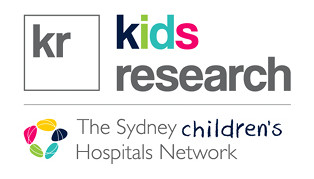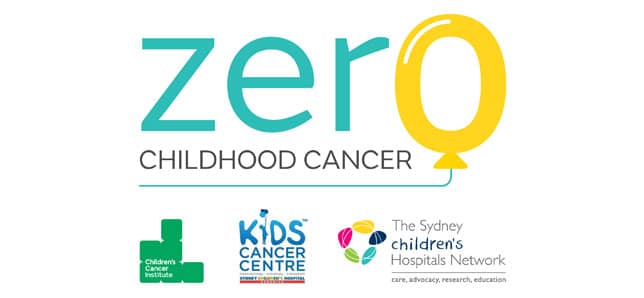Luminesce Alliance recently prepared a parliamentary response to The House of Representatives Standing Committee on Health, Aged Care and Sport inquiry into the approval processes for new drugs and novel medical technologies in Australia, with a particular focus on those for the treatment of rare diseases and conditions where there is high and unmet clinical need.
The publicly available paper presents six case studies of children and their families who have a rare disease and the challenges and barriers that currently exist in accessing new therapeutic and technological responses that are at hand.
What the case studies also validate, is there is no more exciting time for Australia to capitalise on the full value of our country’s health system and research in collaboration with the entire sector. The gains to be made in enhancing the research, development, trialling and implementation of novel therapies and medical technologies for the treatment of rare disease in the paediatric setting in particular, are enormous.





